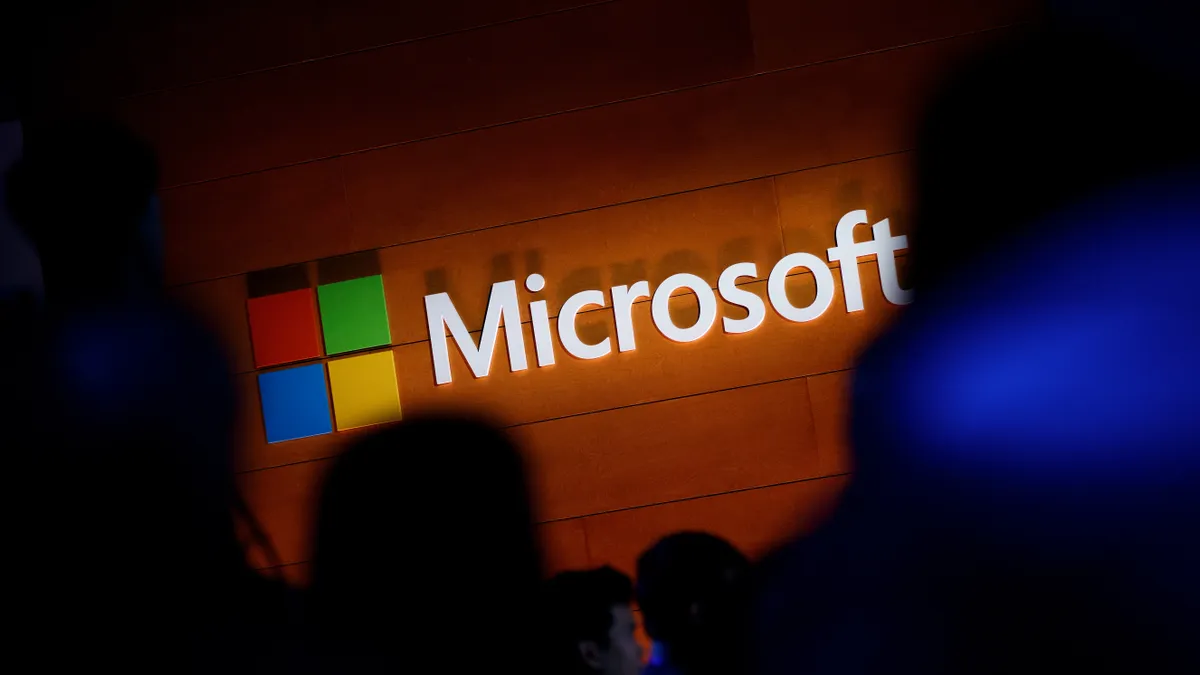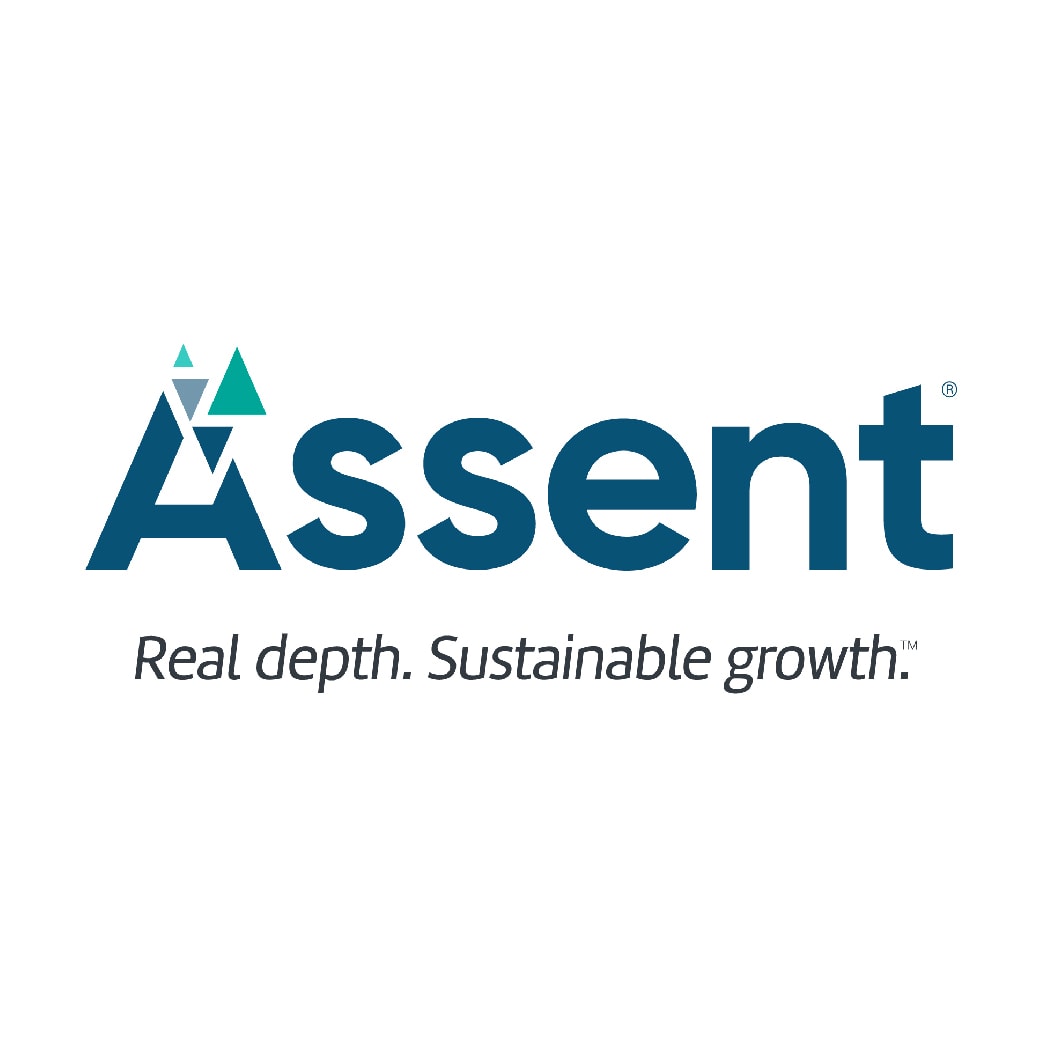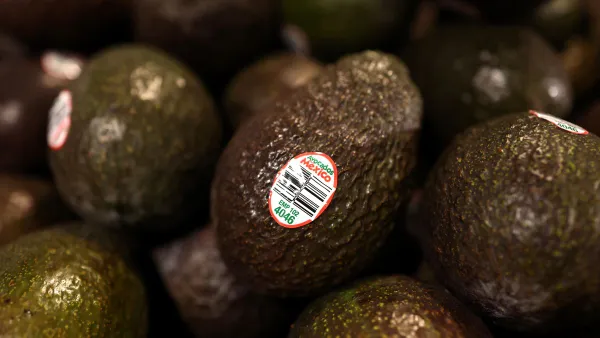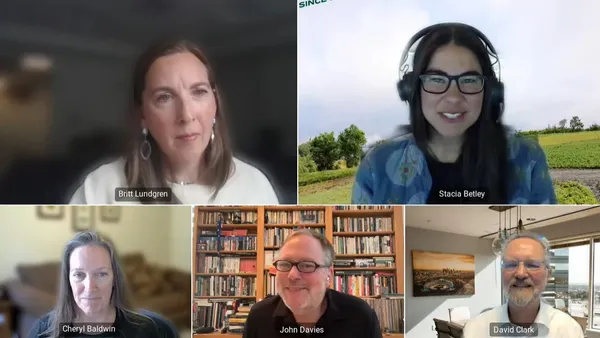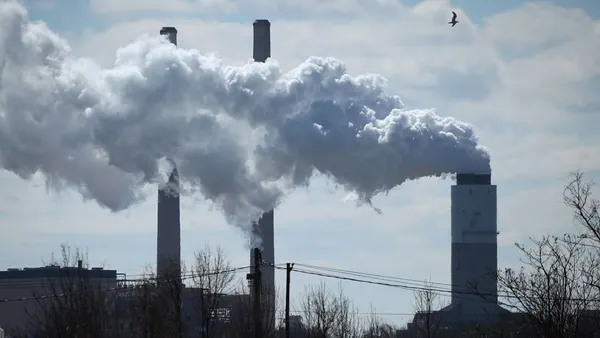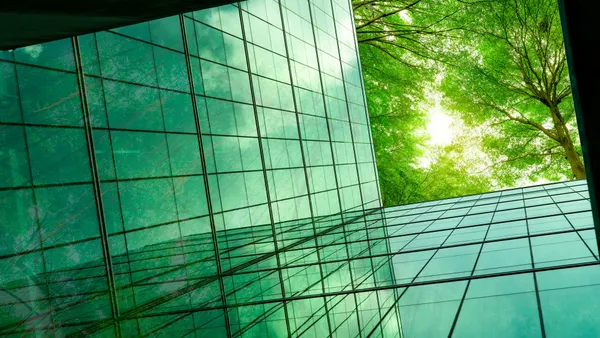Dive Brief:
- Microsoft inked a deal Wednesday with biochar carbon removal company Exomad Green, which will remove at least 1.24 million tonnes of carbon dioxide for the tech company over 10-years.
- Exomad said in the May 21 releases that the deal is the “world’s largest biochar carbon removal agreement,” by volume, and one of the largest “durable carbon removals to date.” The credits will be verified using digital infrastructure platform Carbonfuture’s measuring, reporting and verification system.
- Microsoft and Exomad’s biochar removal contract surpassed deals Google made with San Francisco-based Charm Industrial and Gujarat, India-based Varaha in January. Google signed deals with Charm and Varaha for 100,000 tonnes of removals each, which the search engine and tech conglomerate said at the time were separately and collectively “the largest biochar carbon removals to date.”
Dive Insight:
Microsoft’s deal this week represents an expansion of its relationship with Exomad, having previously purchased 32,000 tonnes of biochar removal credits from the carbon removal company in 2023. According to CDR.fyi, a carbon removal market intelligence platform, Exomad, Microsoft and Carbonfuture currently represent the top deliverer, purchaser and service used for carbon removals, respectively.
Exomad was also the largest supplier and deliverer of biochar carbon removals in Q1 of this year, according to a CDR.fyi post last month, and is one of the largest global producers of biochar removal credits, according to the May 21 release. The Santa Cruz, Bolivia-headquartered company said Microsoft’s commitment “demonstrates biochar’s ability as a scalable, effective climate solution.
“Microsoft has shown true climate leadership and commitment by seizing the immediate potential of biochar as a carbon removal solution that is measurable and scalable, while demonstrating significant co-benefits across communities and in improving soil quality,” Exomad CEO Diego Justinianio said in the release.
Biochar is created by burning biomass like food scraps, wood chips and animal waste in the absence of oxygen. The mineralized black carbon byproduct can then be mixed with soil to increase the soil’s ability to draw down and store carbon dioxide from the atmosphere, according to the Department of Agriculture’s U.S. Agricultural Research Service.
Exomad creates its biochar by utilizing forestry residue that would “otherwise be incinerated in firepits,” according to the release. The company then distributes the biochar to local communities. Exomad hopes to sequester a megatonne of carbon dioxide annually by 2027.
Carbonfuture’s contractual involvement with the deal is “a cornerstone of the agreement,” and Carbonfuture CEO Hannes Junginger-Gestrich said that it “sets a new precedent for how quality is built into carbon removal from day one.”


